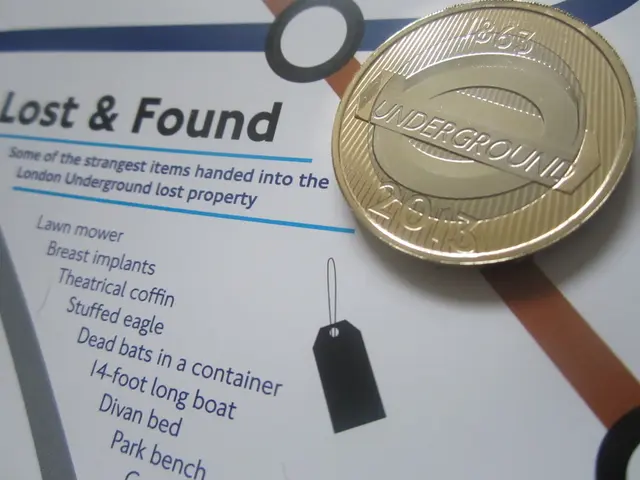Competition Appeal Tribunal to Review Damages Claims in Trucks Cartel Case: Both Proactive and Retrospective Claims Examined
A Major Milestone in the Truck Cartel Case: £2 Billion Opt-In Collective Claim Green-Lit by CAT
The Competition Appeal Tribunal (CAT) has made a significant stride in the truck cartel case, approving a landmark £2 billion opt-in collective claim [1]. This development marks a significant step under the UK’s collective proceedings regime introduced by the Consumer Rights Act 2015.
Current Status
The CAT’s decision to proceed with this opt-in claim follows rigorous judicial scrutiny and a series of appeals, reflecting a meticulous and deliberate process established by the 2015 reforms designed to enhance access to justice in competition law cases [4]. Parallel follow-on damages claims are also in progress, with manufacturers such as MAN involved in high-value damages actions post the European Commission’s truck cartel investigation [2]. These claims are also exploring collective proceedings under the UK regime.
Implications
The opt-in claim’s acceptance by the CAT signifies increased judicial openness to collective enforcement in competition law, moving beyond solely opt-out class actions. This could potentially allow claimants who actively choose to join to pursue damages collectively, broadening access for direct purchasers to claim compensation while maintaining claimant control [1].
Impact on Future Follow-on Claims
Recent jurisprudential developments in EU courts on cross-border follow-on claims, such as the Dutch Supreme Court’s referral of key questions to the Court of Justice of the European Union (CJEU), could harmonize and clarify rules applicable to follow-on claims across the EU [1]. Such clarifications may significantly affect how damages claims are structured, potentially facilitating more consolidated claims and easing procedural complexities.
The UK’s experience with collective proceedings orders under the new regime, demonstrated in the truck cartel follow-on damages litigation, will likely inform best practices internationally, as it balances collective redress and stringent case management [2][4].
Key Players
UK Trucks Claim Limited (UKTCL) was the first to seek a Collective Proceedings Order (CPO) from the CAT in the UK since Walter Merricks' unsuccessful attempt to bring an "opt-out" collective claim against Mastercard [3]. The Road Haulage Association (RHA) also filed an application for an opt-in claim on 17 July 2018. Both applications for collective proceedings orders are backed by third-party funding.
Notably, Scania, another truck manufacturer, was also part of the cartel but denied the charge and refused to settle. Scania is currently appealing the fine imposed on it.
Next Steps
The next step in both the claims will be the hearing of the application for a CPO, neither of which is yet scheduled, but which may well be combined. If the CAT certifies an opt-out claim, it will need to decide how to define the "class." One option could be to exclude members of the RHA claim and other known claimants.
Claimants have already brought trucks actions in Italy and Germany, and actions are being prepared and considered in the UK and a number of other jurisdictions. If you would like further information, please talk to one of the experts listed below or your usual firm contact.
References:
- Competition Law Insight: UK CAT approves £2 billion opt-in collective claim in truck cartel case
- UK's Truck Cartel Follow-On Damages Litigation: A Pioneering Test for Collective Proceedings under the Consumer Rights Act 2015
- UKTCL v CAT: A New Test Case for Collective Proceedings under the Consumer Rights Act 2015
- The UK's Collective Proceedings Regime: A New Era for Competition Litigation
Financiers monitoring the collective claims in the truck cartel case might find opportunities to invest in businesses associated with the follow-on damages litigation, given the potential for high-value settlements.
The successful opt-in collective claim in the UK, spearheaded by UK Trucks Claim Limited and the Road Haulage Association, could spur antitrust enforcement in the finance and business sectors, as they may consider similar actions for damages incurred due to cartel activities.




